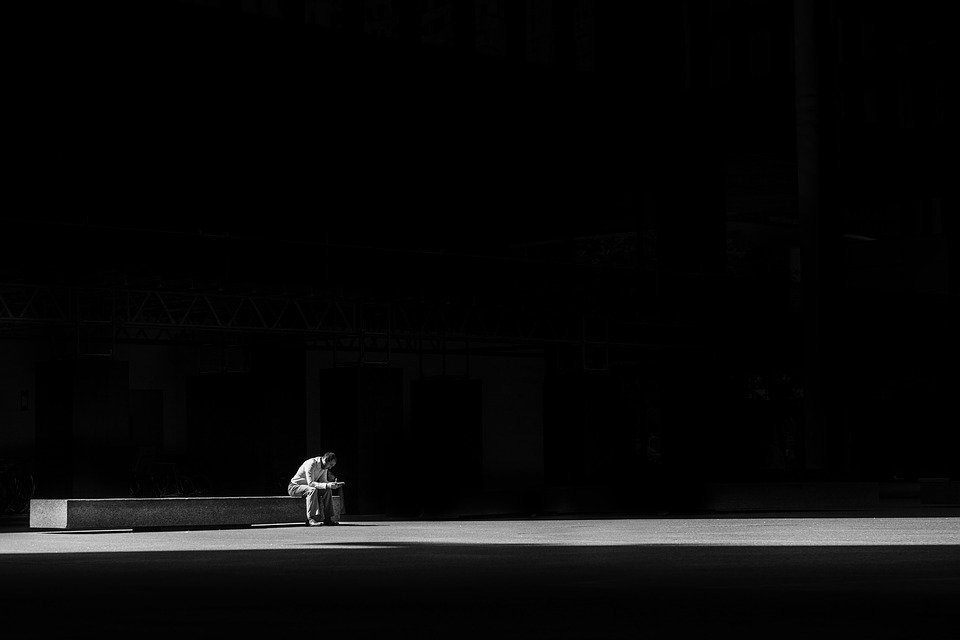The writing moment
Three difficulties with writing in this time of upheaval

Waiting on…
The lockdown seems to have brought a weird mixture of lethargy and restlessness. I'm very fortunate to be busy with my university work, but I'm still left with the feeling that I'm waiting around. I'm not sure what for.
In this unsettled stasis writing about technology, media and culture is proving difficult. Not impossible, but harder. I've been trying to reflect on why writing is so tricky at the moment. Three things seem to stand out.
The first is the most obvious. Focus. It seems hard to concentrate on something for long enough to get into the depths of the issue. From what I've gathered, focus is something lots of people are struggling with at the moment. Sustained work on anything just seems hard to achieve. For obvious reasons, attention is getting pulled about.
Referring to Louis Althusser, in The Quirks of Digital Culture I wrote about a type of hyped-up hailing that is typical of platform based culture. Our attention is being called all over the place by the media forms we are surrounded by. When the content is so concerning, harrowing and absorbing, the impact of this hailing is even more pronounced. With these overlapping demands for our attention, our focus is readily dragged onto the next thing. The bottomless news feed is even harder to break away from.
A second issue is the sheer speed that things are moving. Some things are very stationary and moving more slowly, there is a lot of sitting about, whilst others are shifting and lurching at a considerable pace. It’s easy to get stuck describing a moment that suddenly, even a few days later, feels long-gone. Plus, limiting the consumption of the news in order to cope is making it harder than normal to keep-up.
I started trying to make notes for a piece about data and contact tracing, I abandoned it. I’d already also written some thoughts about the way that data analytics were being used to track people’s movements to show patterns of behaviour during lockdown. I stopped both pieces simply because I could see things moving-on and I was unable to really be sure of the exact nature and purpose of the data usage. I might try to return to this once any contact tracing apps are finalised. Points of mobile contact along with the mapping of population mobility data seem like they will become even more important. The question is going to be how to get to grips with the technology and then to find ways to reflect on what it might mean in the longer term.
Maybe the varying pace of all these things needs to be thought about. What has slowed? What has accelerated? The things that have slowed down or stopped need as much attention as the racing changes.
Third, beyond the problems of the speed of change and a lack of focus, there is also a sense that the thing I’d normally be analysing - society - will not be the same. Unknowable differences are currently populating an imagined horizon. Those futures should be examined, but I’m also waiting to see what the social world that emerges will look like. It’s hard to do sociology and social science when you aren’t quite sure what the social is and how it is working. It could be that increased networking, heightened and more visual social media connections, video links, mobile tracking and other features will persist, these will need to be thought through in detail.
The new social formations might well be even more technologically centered than those that went before. The scale of the changes might even mean that we will need to rethink the domain assumptions, ideas and theories that have underpinned social analysis. Maybe, as things settle into their new formations, some new openings will be found. Social research at a distance is proving hard to fathom. Once any new variants of the social can be seen then the possibilities for understanding will need to be widely explored.
Then, of course, when it comes to writing opportunities there are the more important factors than those I've outlined: health, welfare, support, space restrictions, worry, caring commitments, precarity and so on. Many of these are not evenly distributed, and will be having varied impacts on our capacity to think and to write.
Speaking in general terms, the combination of rapid transformation, blurred focus and an uncertainty about the object of study are not easy to manage. I suspect it is the third problem that will really stick. It's going to take time, creativity, imagination and reflection to rethink and respond to the social constellations that will fall into place.
